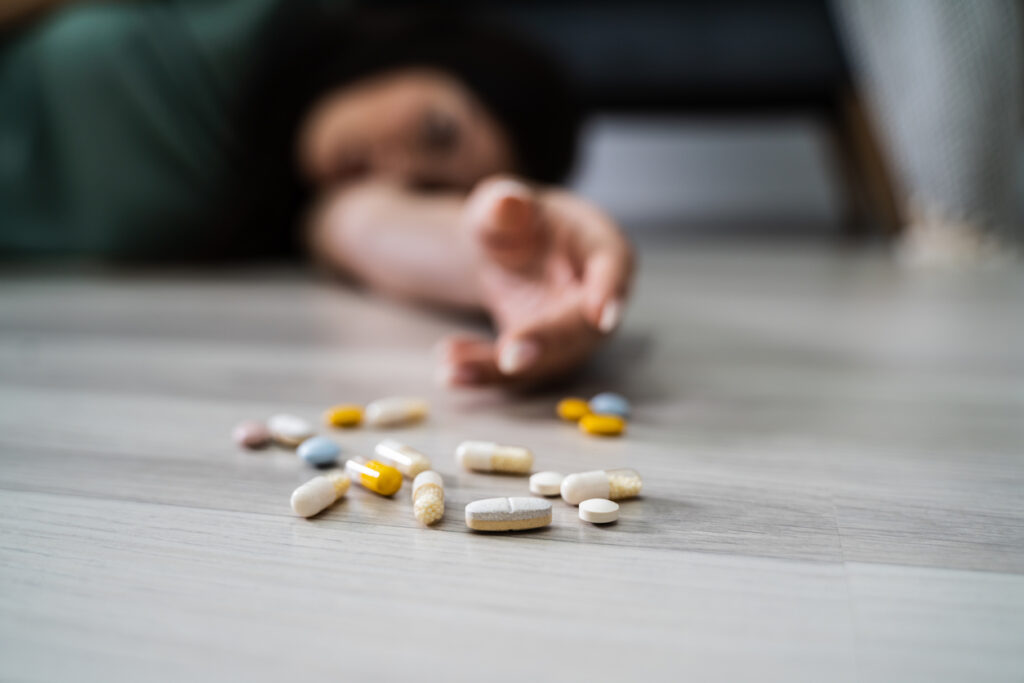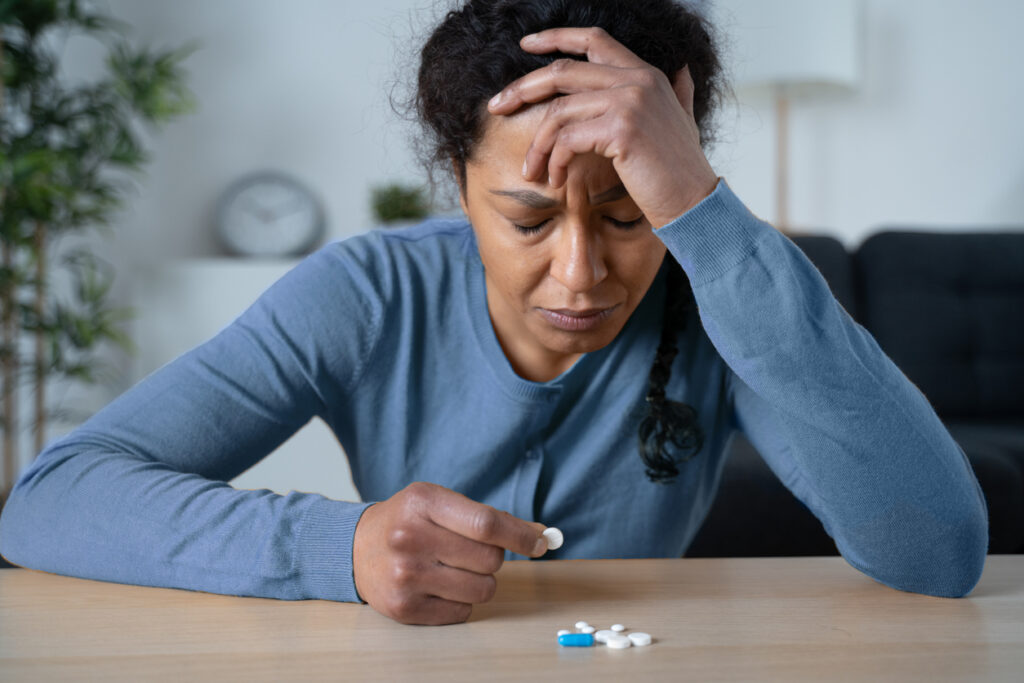In Rhode Island, opioids are the leading cause of accidental death. Opioid use disorder affects nearly 2.1 million Americans each year. With the devastation these drugs can cause in an individual’s life and family, it is crucial to seek help for opioid abuse and addiction.
With the use of opioids comes a host of side effects, ranging from physical and mental health issues to an increased risk of overdose. As the body becomes increasingly dependent on opioids, it requires more and more drugs to achieve the same level of relief or pleasure that it had before. It can be very dangerous as it increases one’s chances of overdosing and experiencing severe side effects.
This article explores the side effects of opioid use and how Suboxone treatment can help those suffering from opioid use disorder.
What Are Opioids?

Opioids are found in both prescription and street drugs. They interact with the opioid receptors in our brain and body, producing powerful effects such as pain relief and euphoria.
While they can have legitimate uses when prescribed by a doctor, opioids can be highly addictive and cause serious side effects if misused. These drugs can lead to physical and psychological dependence and an increased tolerance for the drug.
Some examples of opioids include OxyContin, heroin, and fentanyl. These are commonly abused drugs, and awareness of their associated risks is essential.
Mental Effects of Opioid
The mental effects of opioid use can range from feeling relaxed or happy to anxious or irritable. These feelings can lead users to experience an altered state of mind, which can be dangerous if they are driving, operating machinery, or engaging in other activities requiring concentration and alertness.
Opioids can also lead to cognitive impairment, making it harder to think clearly. They may experience memory problems, confusion, or difficulty making decisions. Additionally, long-term opioid use has been linked to depression and anxiety.
Physical Side Effects of Opioid
Physical side effects can include:
- Nausea
- Vomiting
- Constipation
- Respiratory depression (slowed breathing rate)
- Dizziness
- Muscle spasms
- Itching
- Painful urination
In addition to these short-term side effects, long-term use of opioids can lead to more severe health problems, such as organ damage and a weakened immune system.
Suboxone Treatment for Opioid Abuse

Suboxone is a medication for treating opioid use disorder. It contains buprenorphine and naloxone, two medications that interact with the same opioid receptors as other opioids without producing the same euphoric effects. It helps reduce cravings and withdrawal symptoms while preventing drug misuse.
Suboxone treatment is a safe and effective way to help those suffering from opioid addiction. It is a pill or film placed under the tongue, allowing for easy drug administration. Suboxone works by blocking the effects of other opioids so individuals can manage their cravings and withdrawal symptoms with less difficulty.
It can help treat side effects of opioid use, such as cravings, nausea, and depression. It can help restore the brain chemistry to a more balanced state, reducing the risk of overdose. The best way to seek treatment is to talk to your doctor or a healthcare professional about your options. Depending on your preferences and needs, you can either attend an in-person treatment program or utilize an online one.
By exploring the side effects of opioid use and discussing Suboxone treatment as a potential solution, we hope to encourage people to seek help if they are struggling with opioid abuse. With the right kind of help and support, it is possible to recover from opioid addiction and lead a healthy, productive life.
Other Ways to Manage Opioid Side Effects

Aside from going through Suboxone treatment, there are other ways to manage the side effects of opioid use. Cognitive behavior therapy and other forms of psychotherapy can help individuals understand the underlying causes of their addiction and develop strategies for managing cravings. Exercise, proper nutrition, and lifestyle changes can also aid in managing symptoms.
Counseling paired with Suboxone treatment is the most effective way to manage the side effects of opioid use. Working with a professional can help individuals develop coping strategies to reduce cravings and learn more about addiction recovery. During these counseling sessions, your doctor will decide if family counseling or support groups can benefit your recovery.
Get Help Today

If you or someone you know is struggling with opioid abuse, seeking help is integral in your recovery. Various treatment options are available, and the sooner you get help, the better. Many people feel embarrassed or ashamed when seeking treatment for opioid addiction. Still, it is essential to remember that recovery is possible, and getting professional support can make all the difference.
Fortunately, RI Suboxone Clinic is equipped with experienced and knowledgeable doctors who can provide you with the help you need. Our team of experts will work with you to determine an individualized treatment plan tailored to your specific needs. We are here to support your recovery every step of the way. All clinic or virtual visits will be 100% confidential and secure.
We believe in the power of recovery and that everyone deserves a chance to live free from opioid addiction. Don’t wait any longer. Contact us today to start your journey toward sobriety!




